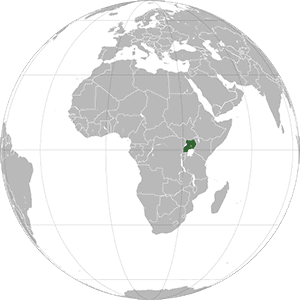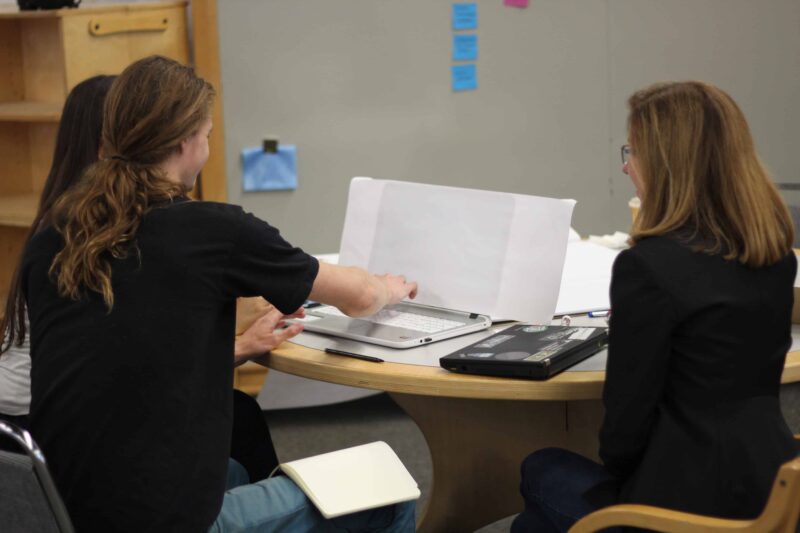An Activist in an Internet-Hostile Environment
 Helen was a trainer, working for many years with human rights activists in her home country, Uganda, before she met the USABLE team.
Helen was a trainer, working for many years with human rights activists in her home country, Uganda, before she met the USABLE team.
Digital security is a key issue for activists in East Africa, as they are increasingly under surveillance and can face obstruction of their activities, imprisonment and personal injury (including threats to their family members) if they are thought to be opposing elected or traditional leaders.
“How can we put developers and users together, so developers are making something that will be used?”
Helen’s previous training experience covered personal and digital security, but her own understanding of how to influence the improvement of digital security tools was extremely limited. As she explained,
“Before this project, I never thought about how apps came into being. It’s like the TV – they’re there, and you use them, and you don’t think about it.”
Helen supported the delivery of Tool Feedback Trainings and UXWorkshops in Uganda, and her insights into the realities of life as an activist in an internet-hostile environment gave her a unique understanding of the importance of the USABLE project.
“People are busy, and if they cannot easily use something, even if it is something that will keep them safe, they might not turn it into a habit. So no matter how much you train and urge them to use a digital security tool, if it is not super-intuitive, they will not use it.
For me, USABLE was saying, ‘How can we put developers and users together, so developers are making something that will be used? So that time and resources aren’t wasted, and in the end, people’s lives are safe.’”
Working with Human Rights Activists
Helen brought this experience-based practicality to the project, and built up a particular rapport with the team from Mailvelope, another USABLE partner.
Mailvelope had not worked with East African human rights activists before, and Helen helped them to understand the specific needs and constraints faced by the group.
 User Personas
User Personas
As well as regular Skype calls, Helen worked with her trainees to develop User Personas – a fictional person representing the reality of somebody living and working in a particular context. These personas enabled developers and designers who had no experience of working in East Africa to clearly picture the people who rely on their tools for everyday security.
Communicating with Developers
Helen remembers her first conversation with a developer. She was nervous, thinking that she wouldn’t be able to communicate in language that was technical, but she soon understood that this was not her role:
“I made the connection that he’s a human being like me, and he needs help. We can all do better, and he wants to learn. In the end, he listened to our feedback, and he made changes to the tool. It is now easier to use.”
Equipping and empowering people like Helen, and the activists she trains, to communicate directly with developers – and to advocate for concrete changes to support their work – is an important legacy of the USABLE project.
Before USABLE, it was extremely rare for a German developer to seek the opinion of a Ugandan activist, and even rarer for that activist to be female.
“In this field, there are definitely more men than women,” Helen says. “But with USABLE, there’s a deliberate initiative for inclusion – even in their workshops, we had 50% women. It matters, because women face different threats from men
and can provide feedback for developers.”
As for her own work, Helen is continuing to train activists on digital security, and is still working with the Mailvelope team to improve their tool.
(Banner photo: Accessibility developers at one of USABLE’s Tool Feedback Training. Credit Internews)
